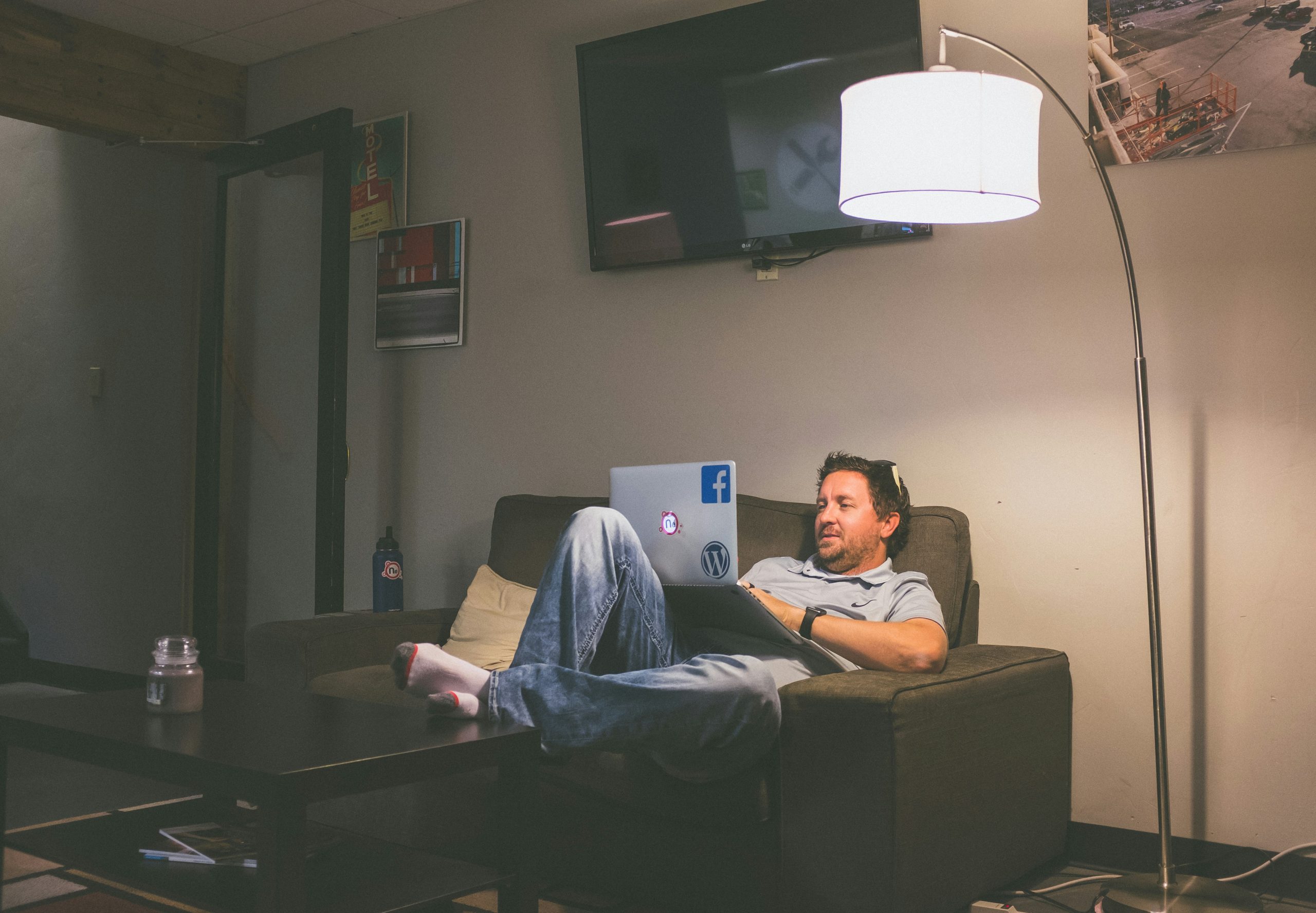Virtual Private Networks, or VPNs, have become increasingly popular as more users seek to protect their online privacy, mask their IP addresses, and access geo-restricted content. However, despite their many advantages, VPNs are not a one-size-fits-all solution. Like any technology, VPN services come with their own set of drawbacks, limitations, and risks. Understanding these disadvantages is crucial for anyone considering the use of a VPN for personal or professional security.
1. Slower Internet Speeds
One of the most common complaints from VPN users is a significant reduction in internet speed. When a VPN is activated, data is encrypted and rerouted through secure servers, which often adds latency. This can result in slower download and upload speeds, lag during gaming, delays in loading websites, and buffering during video streaming.
Particularly if the VPN server is located far from the user or is overloaded with traffic, performance can noticeably degrade. Users with limited bandwidth will feel this slowdown more acutely, making VPN usage problematic in some circumstances.

2. Compatibility Issues
VPNs are not always compatible with all devices, websites, and applications. Some streaming or banking services attempt to block known VPN IP ranges, often resulting in access errors. This is especially true for platforms like Netflix or Hulu, which actively try to detect and restrict VPN usage to enforce regional licensing restrictions.
Moreover, certain applications, especially on mobile devices, may not function correctly when routed through a VPN or may disconnect when switching between Wi-Fi and mobile data, causing interruptions in service.
3. Questionable Privacy from Free VPNs
While VPNs are generally touted as privacy tools, not all VPN services are created equal. Free VPNs, in particular, may pose privacy and security risks. Since maintaining VPN infrastructure costs money, providers of free VPNs may recoup costs by logging user activity and selling browsing data to third parties.
This behavior undermines the very privacy that VPNs are supposed to protect. Without rigorous transparency and a strong no-logs policy, users cannot be sure that their data won’t be compromised.
4. Higher Costs for Premium Services
High-quality VPN providers that offer robust security features, fast speeds, and no-logs policies typically come at a cost. While subscription fees vary, this expense can add up over time. For users on a tight budget, this may make VPNs inaccessible or not worth the investment, especially if used infrequently.
5. Legal and Policy Restrictions
Some countries restrict or outright ban the use of VPNs. Using a VPN in such regions can lead to legal repercussions, fines, or government action. Nations like China, Russia, and Iran enforce strict controls over VPN usage for both residents and visitors. Therefore, travelers need to research local regulations before connecting to VPN services abroad.
6. No Guarantee of Complete Anonymity
Contrary to popular belief, using a VPN does not make a user entirely anonymous. While VPNs hide IP addresses and encrypt data, they do not protect against all forms of tracking or malicious interception. Cookies, browser fingerprinting, and DNS leaks are still potential vulnerabilities that VPNs may not address unless configured properly.

7. Complexity for Novice Users
For those unfamiliar with networking or privacy tools, VPNs can be confusing to use or configure. Choosing the right protocol, setting up connections manually, or understanding encryption standards may present a learning curve. Even simple mistakes, such as connecting to an unreliable server or not enabling a kill switch, can compromise security and privacy.
Frequently Asked Questions (FAQ)
-
Q: Can using a VPN get me banned from websites?
A: Yes, some websites, like streaming platforms, may block VPN traffic and suspend accounts if they detect repeated access attempts from restricted regions. -
Q: Is it illegal to use a VPN?
A: VPN usage is legal in most countries, but some regimes regulate or ban them entirely. Always check local laws before using a VPN. -
Q: Will a VPN protect me from viruses and malware?
A: No, a VPN encrypts your data and hides your IP, but it does not protect your device from malware. Antivirus software is still necessary. -
Q: Why is my internet slower when connected to a VPN?
A: The slowdown is caused by the encryption process and the added distance your data travels to reach the VPN server. -
Q: Do all VPNs keep my browsing history private?
A: Not necessarily. Some VPNs, especially free ones, may log and sell your data. Always choose a reputable provider with a strict no-logs policy.

